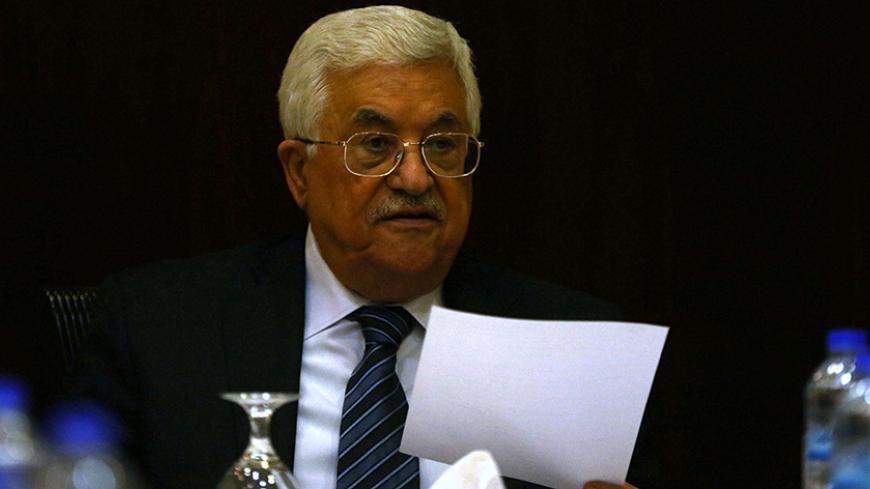RAMALLAH, West Bank — The Palestinian cause has been at a standstill for several years now. More than 22 years after the 1993 Oslo Accord, Palestinians are still unable to establish a state of their own within the 1967 borders, and peace remains elusive as Israel continues to build settlements on the West Bank. The two-state solution seems impossible. Negotiations are at a standstill with the Israeli government rejecting international proposals such as the French and Arab initiatives to end the occupation.
Facing this political situation, Palestinians are calling upon the leadership to change its political strategy. In this context, on June 22, the Palestinian National Initiative proposed the National Alternative Strategy to Achieve Freedom aimed at changing the balance of power in favor of the Palestinian people.



